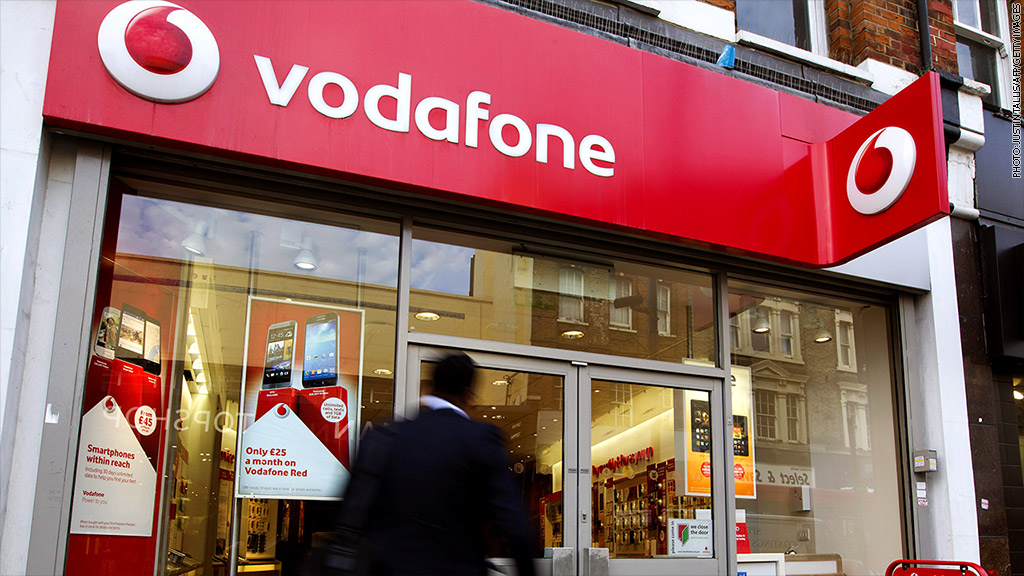
Should they stay, or should they go?
The European Union is proposing to change in an attempt to convince Britain to stay in. Prime Minister David Cameron has promised the British people a vote on the so-called 'Brexit' question by 2017. It's the first time in 40 years the issue has been put to the test, and the U.K. is deeply divided.
Officials of the union of 28 countries and 500 million people on Tuesday unveiled draft reforms they hope will satisfy the Brits.
What's in the deal?
Cameron presented the EU with a wishlist of reforms in four key areas, and the proposed agreement attempts to address all of them.
It would allow Britain to restrict welfare benefits for migrants from other EU countries. Large numbers of workers from eastern Europe have arrived in the U.K. over the past decade. It will also reduce the benefits the U.K. is liable to pay for children of migrant workers who remain in their home country.
Europe to UK: "To be or not to be together"
The deal also says Britain and other EU countries that do not use the euro currency cannot be forced to contribute cash to eurozone bailouts. This was an issue last year, when European officials suggested using EU funds to save Greece from dropping out of the currency area.
Cameron also wants to make sure Britain can't be forced by the eurozone to adopt laws. He wants the EU to be officially known as a "multi-currency union."
What are the pros and cons of membership?
Opponents of the EU say British membership brings too much red tape for businesses. The EU is famous for the amount of regulation it imposes on goods and services in its bid to create a single market across Europe.
Euroskeptics are also unhappy that Britain has given up the right to set its own policy in some areas. Migration is their key concern -- they want to reduce the number of immigrants and say leaving Europe is the only way to achieve this.
Related: British businesses say leaving Europe would hurt
Those in favor of staying in the bloc say the economic advantages far exceed the downsides. They say that migration means Britain can attract the best talent from the rest of the EU. The union is also the world's biggest single market, and British businesses benefit greatly from having access to it.
What's at stake for Europe?
It's a very political question. EU leaders are worried that a 'Brexit' could pave the way for a breakup of the union, particularly given the strain it is already suffering as a consequence of the refugee crisis.
No country has ever left the EU. Its creation in the 1950s was trumpeted as a huge diplomatic success, and the guarantee of peace in Europe.
French Prime Minister Manuel Valls said last month that "nothing could be worse than to see a member state leave."
What's at stake for Britain?
The U.K. has very strong business links with the rest of the EU -- which is why many big companies want the country to retain membership. Around 45% of British exports end up in other EU member states, and roughly 53% of imports come from the bloc. The pound has been battered recently by fears the country may vote to leave.
Related: Two months to save Europe
The Center for Economic Policy said British exports to the EU correspond to almost 15% of the country's GDP. Leaving the union wouldn't mean the loss of all of it, but it could make life more difficult for exporters because of the extra costs involved.
CEP economists came up with two scenarios for U.K. trade after a 'Brexit': The pessimistic view forecasts losses of around 3% of GDP or £50 billion per year; the optimistic about 1%, or £18 billion.
And that's just trade. Analysts say Brexit could prompt some companies to move their headquarters away from the U.K. or cancel investments. That could lead to job losses, and even trigger a fall in house prices. The most pessimistic scenarios forecast a hit to the economy similar to that caused by the global financial crisis of 2008.
What's next?
Cameron said Tuesday that the draft proposal still needs work. He's hoping to reach a final agreement with the other 27 EU leaders at a summit on February 18 and 19. If that happens, he's likely to call the referendum for June 23, and campaign for Britain to remain an EU member.
Then British voters will face the choice of a generation.


